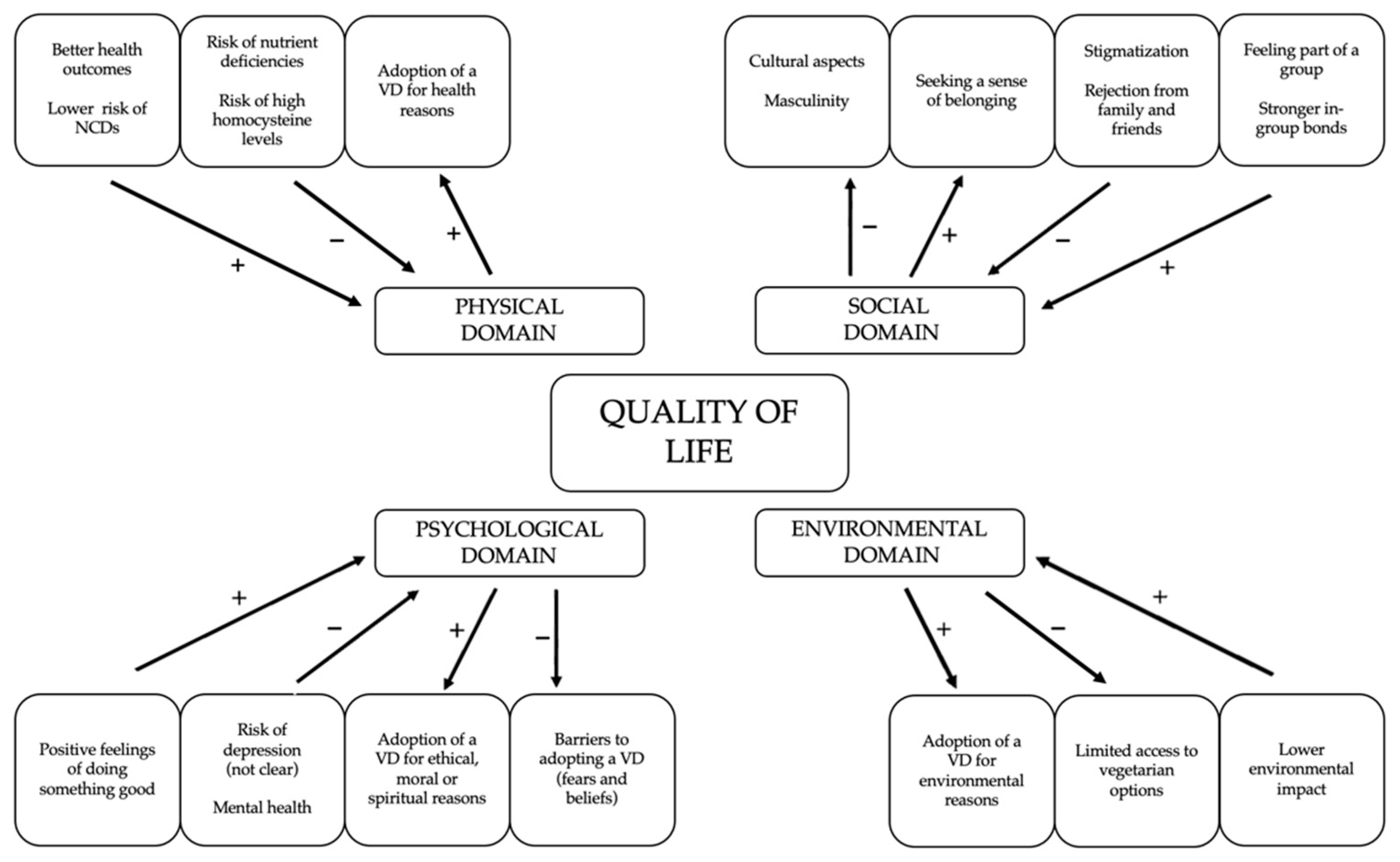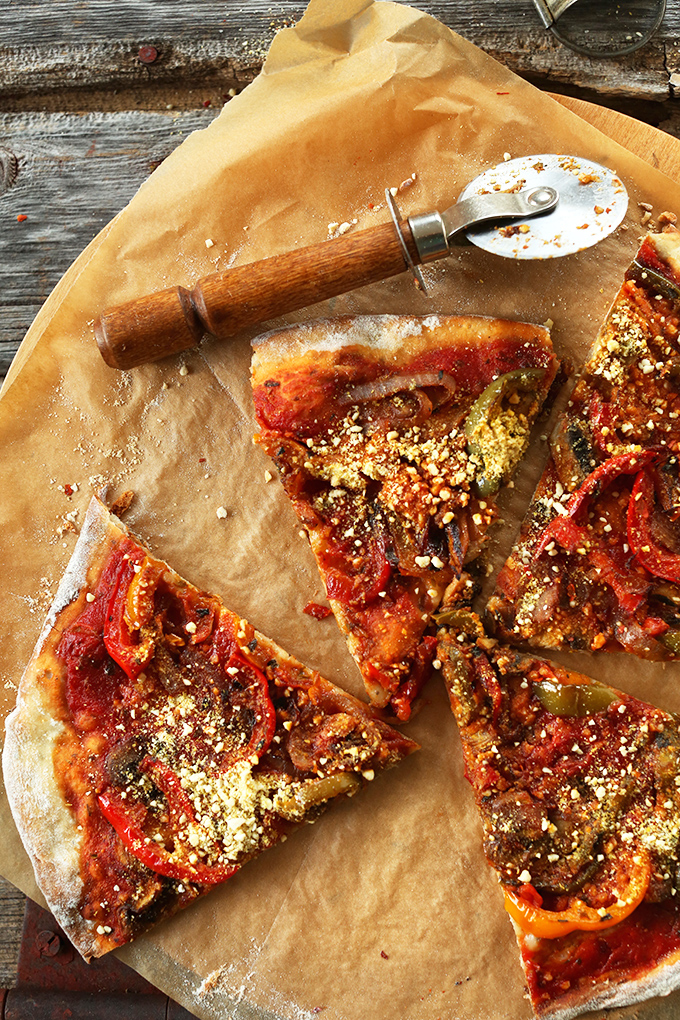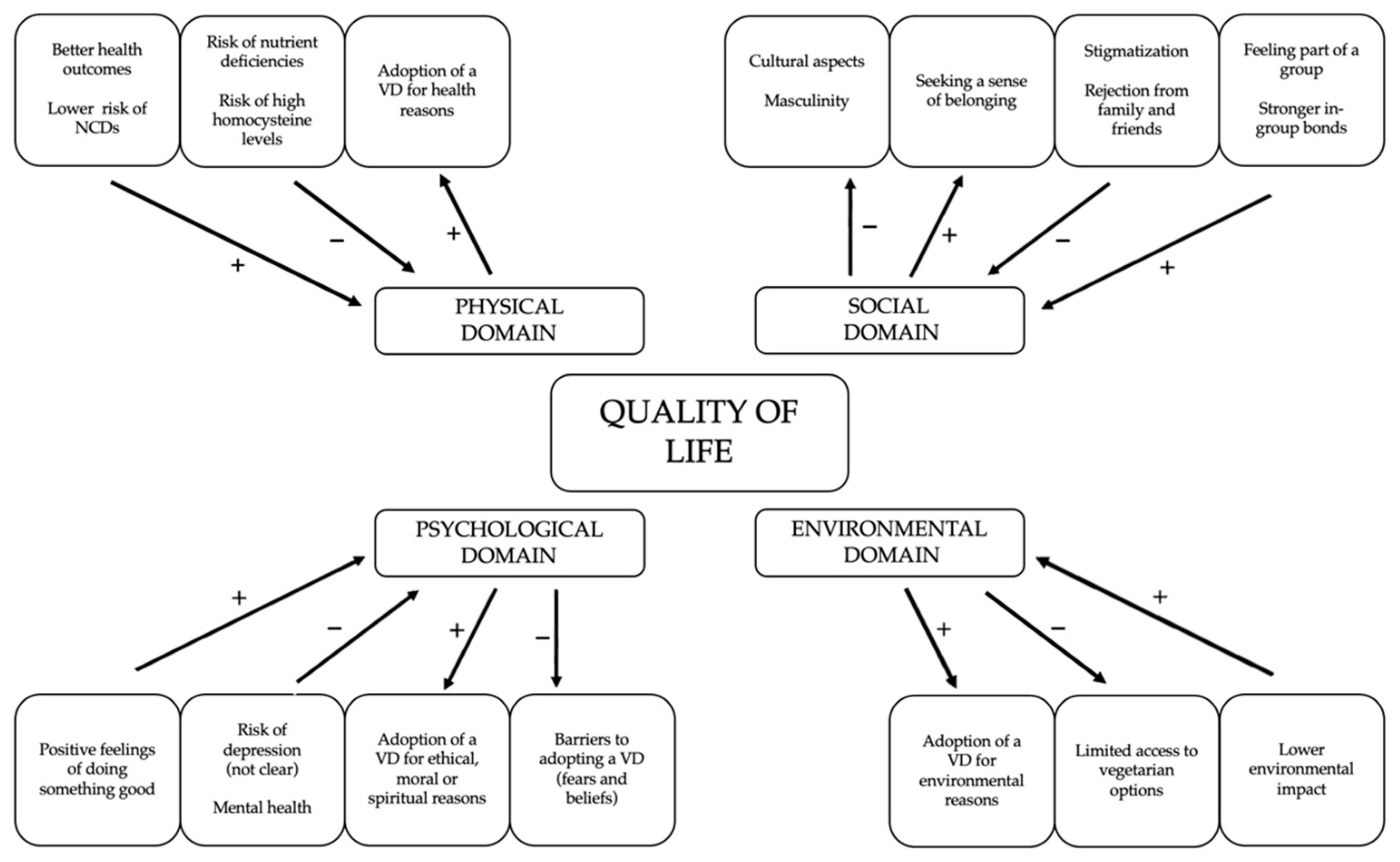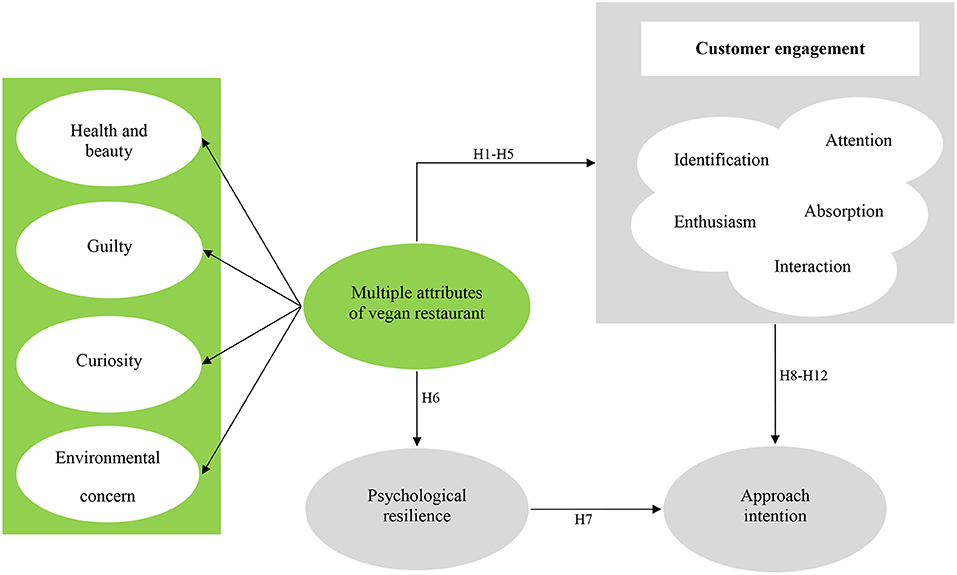Contents
- I. Introduction
- II. Health Benefits of Vegan Pizza
- III. Environmental Impact of Vegan Pizza
- IV. Vegan Pizza Ingredients and Substitutes
- V. Best Vegan Pizza Recipes
- VI. Vegan Pizza Options at Popular Pizzerias
- VII. Vegan Pizza for Special Dietary Needs
- VIII. Frequently Asked Questions (FAQs)
- A. Is vegan pizza healthier than traditional pizza?
- B. Can vegan pizza provide enough protein?
- C. How can I make vegan pizza taste as good as traditional pizza?
- D. Are there any vegan pizza options for people with gluten allergies?
- E. What are some popular vegan cheese brands for pizza?
- F. Are there any vegan pizza options at fast-food chains?
- G. Can I find vegan pizza options at frozen pizza sections in supermarkets?
- H. What are some creative vegan pizza toppings?
- I. Are there any vegan pizza options for people with nut allergies?
- J. How can I find vegan-friendly pizzerias in my area?
I. Introduction

Welcome to the world of vegan pizza options! In this article, we will explore the health and environmental considerations of choosing vegan pizza. Whether you are a vegan looking for delicious plant-based alternatives or someone interested in reducing their carbon footprint, this article will provide you with valuable insights.
Veganism has gained significant popularity in recent years, with more and more people embracing this lifestyle for various reasons. One of the main motivations behind going vegan is the ethical treatment of animals. By eliminating animal products from their diet, vegans aim to reduce animal suffering and promote a more compassionate world.
However, being vegan doesn’t mean sacrificing taste and enjoyment. Pizza, a beloved comfort food for many, can still be enjoyed in a vegan-friendly way. With the rise of plant-based alternatives, there are now numerous options available to satisfy your pizza cravings without compromising your values.
Aside from the ethical aspect, vegan pizza also offers several health benefits. Plant-based ingredients are typically lower in saturated fats and cholesterol, making them heart-healthy choices. Additionally, vegan pizzas often incorporate a variety of vegetables, providing essential vitamins, minerals, and fiber.
Furthermore, choosing vegan pizza can have a positive impact on the environment. Animal agriculture is a significant contributor to greenhouse gas emissions, deforestation, and water pollution. By opting for plant-based alternatives, you can help reduce your carbon footprint and contribute to a more sustainable planet.
In the following sections, we will delve deeper into the different vegan pizza options available, exploring their nutritional profiles, taste, and environmental impact. So, whether you’re a seasoned vegan or just curious about exploring plant-based alternatives, let’s embark on this flavorful journey together!
II. Health Benefits of Vegan Pizza

When it comes to pizza, most people think of a cheesy, meaty indulgence. However, vegan pizza offers a delicious and nutritious alternative that can benefit your health in several ways. In this section, we will explore the various health advantages of choosing vegan pizza over its traditional counterpart.
A. Nutritional advantages of vegan pizza
1. High fiber content
Vegan pizza is typically made with whole grain crust, which is a great source of dietary fiber. Fiber plays a crucial role in maintaining a healthy digestive system and can help prevent constipation. Additionally, a high-fiber diet has been linked to a reduced risk of heart disease, stroke, and certain types of cancer.
2. Lower saturated fat and cholesterol
Unlike traditional pizza, which is loaded with cheese and meat toppings, vegan pizza is free from saturated fat and cholesterol. Saturated fat and cholesterol are known to raise blood cholesterol levels and increase the risk of heart disease. By opting for vegan pizza, you can enjoy a guilt-free meal that is heart-healthy.
3. Rich in vitamins and minerals
Vegan pizza is often topped with a variety of colorful vegetables, such as bell peppers, tomatoes, mushrooms, and spinach. These vegetables are packed with essential vitamins and minerals, including vitamin C, vitamin A, potassium, and folate. These nutrients are important for maintaining a strong immune system, healthy vision, and overall well-being.
B. Potential weight management benefits
1. Lower calorie content
One of the main reasons people choose vegan pizza is for its lower calorie content. By eliminating cheese and meat toppings, vegan pizza can significantly reduce the calorie count. This makes it a great option for those looking to maintain or lose weight without sacrificing taste.
2. Higher satiety due to fiber and plant-based proteins
The high fiber content in vegan pizza, combined with plant-based proteins from ingredients like tofu or legumes, can help you feel fuller for longer. This increased satiety can prevent overeating and aid in weight management.
C. Addressing common concerns about vegan diets
1. Protein sources in vegan pizza
One common concern about vegan diets is the lack of protein. However, vegan pizza can be a great source of protein when prepared with ingredients like tofu, tempeh, or plant-based meat substitutes. These alternatives offer a similar taste and texture to meat while providing the necessary protein for a balanced diet.
2. Calcium and vitamin D considerations
Another concern is the absence of dairy products in vegan pizza, which are a primary source of calcium and vitamin D. However, many plant-based milk alternatives, such as almond milk or soy milk, are fortified with these nutrients. Additionally, vegan cheese substitutes often contain added calcium. By choosing these options, you can ensure you still meet your calcium and vitamin D needs.
3. Vitamin B12 supplementation
Vitamin B12 is primarily found in animal-based products, making it a common nutrient of concern for vegans. However, many vegan pizza recipes incorporate nutritional yeast, which is a great source of vitamin B12. Additionally, vitamin B12 supplements are widely available and can easily be included in a vegan diet.
III. Environmental Impact of Vegan Pizza

A. Reduction in greenhouse gas emissions
1. Comparison of carbon footprint between vegan and traditional pizza
When it comes to the environmental impact of pizza, one important factor to consider is the carbon footprint. Traditional pizza, which typically includes animal-based ingredients such as cheese and meat, contributes significantly to greenhouse gas emissions. Animal agriculture, which is responsible for producing these ingredients, is a major contributor to climate change.
On the other hand, vegan pizza, which is made entirely from plant-based ingredients, has a significantly lower carbon footprint. Plant-based ingredients require fewer resources and produce fewer emissions compared to animal-based ingredients. By choosing vegan pizza, individuals can make a positive impact on reducing greenhouse gas emissions and mitigating climate change.
2. Impact of animal agriculture on climate change
The impact of animal agriculture on climate change cannot be ignored. The production of animal-based ingredients for pizza, such as cheese and meat, requires large amounts of resources including land, water, and feed. This leads to deforestation, habitat destruction, and increased greenhouse gas emissions.
Animal agriculture is a major contributor to methane emissions, a potent greenhouse gas that has a significant impact on global warming. Additionally, the production and transportation of animal-based ingredients contribute to the overall carbon footprint of traditional pizza. By choosing vegan pizza, individuals can help reduce the demand for animal-based ingredients and contribute to the fight against climate change.
B. Water conservation benefits
1. Water usage in plant-based pizza ingredients
Water conservation is another important aspect to consider when evaluating the environmental impact of pizza. Plant-based ingredients used in vegan pizza generally require less water compared to animal-based ingredients. For example, vegetables, grains, and legumes used in vegan pizza toppings and crusts have lower water requirements compared to dairy products and meat.
By choosing vegan pizza, individuals can help conserve water resources, as plant-based ingredients generally have a lower water footprint. This is especially important considering the increasing water scarcity issues faced by many regions around the world.
2. Water footprint of animal-based pizza ingredients
In contrast, animal-based ingredients used in traditional pizza have a higher water footprint. The production of dairy products and meat requires significant amounts of water for animal rearing, feed production, and processing. Livestock farming is a water-intensive industry and contributes to water pollution through the discharge of animal waste.
By opting for vegan pizza, individuals can reduce their water footprint and contribute to the conservation of this precious resource.
C. Preservation of biodiversity and ecosystems
1. Deforestation and land use associated with animal agriculture
Animal agriculture is a leading cause of deforestation and habitat destruction. Large areas of forests are cleared to make way for livestock farming, feed production, and grazing. This destruction of natural habitats has a devastating impact on biodiversity and ecosystems.
By choosing vegan pizza, individuals can help reduce the demand for animal-based ingredients and contribute to the preservation of forests and wildlife habitats. Plant-based ingredients used in vegan pizza have a lower environmental impact and do not contribute to deforestation and habitat loss.
2. Benefits of plant-based ingredients for wildlife habitats
Plant-based ingredients used in vegan pizza can have positive effects on wildlife habitats. By reducing the demand for animal-based ingredients, individuals can help create more space for natural ecosystems to thrive. This can benefit a wide range of wildlife, including endangered species.
Vegan pizza provides an opportunity to enjoy a delicious meal while also making a positive impact on the environment and wildlife habitats.
IV. Vegan Pizza Ingredients and Substitutes

When it comes to vegan pizza, there are plenty of delicious and healthy alternatives to traditional ingredients. Whether you’re a seasoned vegan or just looking to incorporate more plant-based options into your diet, this section will guide you through the various substitutes available for cheese, meat, and vegetable toppings. Let’s dive in!
A. Plant-based cheese alternatives
1. Review of top vegan cheese brands on the market
When it comes to vegan cheese, there are several brands that have gained popularity for their delicious taste and melty texture. One such brand is Daiya, known for its wide range of dairy-free cheese alternatives, including shreds, slices, and blocks. Another popular option is Violife, which offers a variety of flavors and is praised for its authentic taste. Miyoko’s Creamery is also a favorite among vegans, known for its artisanal vegan cheeses made from cashews and other plant-based ingredients.
2. Nutritional profile and taste comparison
In terms of nutritional profile, vegan cheeses are often lower in saturated fat and cholesterol compared to their dairy counterparts. They are also free from lactose and casein, making them suitable for those with lactose intolerance or dairy allergies. When it comes to taste, vegan cheeses have come a long way in mimicking the flavors of traditional cheese. While they may not taste exactly the same, they offer a delicious alternative that can satisfy your pizza cravings.
B. Meat substitutes for vegan pizza toppings
1. Overview of popular plant-based meat brands
Plant-based meat alternatives have gained immense popularity in recent years, and many brands have emerged to meet the growing demand. Beyond Meat and Impossible Foods are two well-known brands that offer a range of plant-based meat products, including burger patties, sausages, and ground meat. These brands are known for their realistic meat-like texture and flavor, making them perfect for topping your vegan pizza.
2. Texture, flavor, and nutritional aspects
Plant-based meat substitutes are often made from ingredients like soy, wheat, or pea protein, and they are designed to mimic the texture and taste of real meat. They can provide a satisfying chewiness and savory flavor to your pizza. Additionally, plant-based meats are generally lower in saturated fat and cholesterol compared to animal-based meats, making them a healthier choice for your pizza toppings.
C. Vegetable toppings and creative flavor combinations
1. Seasonal and locally sourced produce options
When it comes to vegetable toppings for your vegan pizza, the possibilities are endless. Opting for seasonal and locally sourced produce not only ensures freshness but also supports local farmers and reduces your carbon footprint. Some popular vegetable toppings include bell peppers, mushrooms, onions, tomatoes, spinach, and olives. Experiment with different combinations to find your favorite flavor profile.
2. Unique vegetable combinations for vegan pizza
If you’re feeling adventurous, try incorporating unique vegetable combinations to elevate the flavors of your vegan pizza. For example, roasted butternut squash with caramelized onions and sage can add a sweet and savory twist. Or, you can try a Mediterranean-inspired pizza with artichoke hearts, sun-dried tomatoes, and kalamata olives. Get creative and have fun exploring different flavors!
With these vegan pizza ingredients and substitutes, you can enjoy a delicious and satisfying pizza while staying true to your plant-based lifestyle. Whether you’re hosting a vegan pizza party or simply craving a slice, these alternatives will not disappoint. So, gather your favorite toppings, fire up the oven, and indulge in a cruelty-free and environmentally friendly pizza experience!
V. Best Vegan Pizza Recipes

When it comes to vegan pizza, there are endless possibilities for creating delicious and satisfying plant-based versions of this beloved dish. Whether you’re a fan of the classic Margherita or prefer gourmet creations with unique flavor profiles, there’s a vegan pizza recipe out there for everyone. In this section, we’ll explore some of the best vegan pizza recipes that you can try at home.
A. Classic Margherita with Vegan Cheese
1. Step-by-step recipe guide
To make a classic Margherita pizza with vegan cheese, start by preparing the pizza dough. You can either make your own dough from scratch or use a store-bought vegan pizza crust. Roll out the dough into a thin circle and transfer it to a baking sheet or pizza stone.
Next, spread a generous amount of tomato sauce over the dough, leaving a small border around the edges. Top the sauce with slices of vegan mozzarella cheese, fresh basil leaves, and a drizzle of olive oil. Season with salt and pepper to taste.
Preheat your oven to the highest temperature setting and bake the pizza for about 10-15 minutes, or until the crust is golden brown and the cheese has melted. Remove from the oven and let it cool slightly before slicing and serving.
2. Tips for achieving the perfect vegan Margherita
– Use high-quality vegan cheese that melts well and has a creamy texture. Some popular brands include Violife, Daiya, and Miyoko’s.
– Opt for fresh, ripe tomatoes for the sauce to enhance the flavor of the pizza.
– Experiment with different herbs and spices to add extra depth of flavor to your Margherita pizza. Oregano, garlic powder, and red pepper flakes are great options.
B. Gourmet Vegan Pizza Creations
1. Recipe ideas for unique flavor profiles
If you’re looking to take your vegan pizza game to the next level, try experimenting with gourmet toppings and flavor combinations. Here are a few ideas to get you started:
- BBQ Jackfruit Pizza: Top your pizza with smoky BBQ jackfruit, red onions, and vegan cheddar cheese for a tangy and savory flavor.
- Mediterranean Pizza: Load up your pizza with artichoke hearts, Kalamata olives, sun-dried tomatoes, and vegan feta cheese for a taste of the Mediterranean.
- Thai Curry Pizza: Spread a layer of Thai curry sauce on your pizza crust and add toppings like tofu, bell peppers, red onions, and fresh cilantro for a spicy and aromatic twist.
Feel free to get creative and mix and match toppings to suit your taste preferences. The beauty of vegan pizza is that you can customize it to your heart’s content.
2. Incorporating global cuisines into vegan pizza
One of the great things about pizza is its versatility, and you can draw inspiration from various cuisines around the world to create unique and delicious vegan pizza creations. Here are a few ideas:
- Mexican Pizza: Top your pizza with black beans, corn, jalapenos, vegan cheese, and a drizzle of vegan sour cream for a Mexican-inspired flavor explosion.
- Indian Curry Pizza: Spread a layer of curry sauce on your pizza crust and add toppings like chickpeas, spinach, tomatoes, and vegan yogurt for a fusion of Indian and Italian flavors.
- Greek Pizza: Use a vegan tzatziki sauce as the base and top with ingredients like olives, tomatoes, red onions, cucumber, and vegan feta cheese for a taste of Greece.
By incorporating global cuisines into your vegan pizza, you can create exciting and unique flavor combinations that will impress your taste buds.
Remember, the key to a delicious vegan pizza is using high-quality ingredients, experimenting with different flavors, and having fun in the kitchen. So, grab your apron and get ready to create some mouthwatering vegan pizza masterpieces!
VI. Vegan Pizza Options at Popular Pizzerias
VI. Vegan Pizza Options at Popular Pizzerias
A. Review of vegan pizza offerings at major pizza chains
1. Pizza Hut
Pizza Hut is a well-known pizza chain that offers a variety of vegan pizza options. They have recently introduced a vegan cheese option, making it easier for vegans to enjoy their pizzas. The vegan cheese is made from a blend of plant-based ingredients and has a creamy texture that melts perfectly on the pizza. Pizza Hut also offers a range of vegetable toppings, such as mushrooms, onions, peppers, and olives, that can be added to create a delicious vegan pizza. Customers can customize their pizzas by choosing from a variety of crust options, including hand-tossed, thin, and gluten-free. With their wide selection of toppings and crusts, Pizza Hut is a great option for vegans looking to enjoy a tasty pizza.
2. Domino’s
Domino’s is another popular pizza chain that has recognized the growing demand for vegan options. They offer a vegan pizza that is topped with a plant-based cheese alternative. The vegan cheese has a similar taste and texture to traditional cheese, making it a great option for vegans who want to enjoy a classic pizza. In addition to their vegan cheese, Domino’s also offers a variety of vegetable toppings, such as tomatoes, onions, peppers, and mushrooms, that can be added to create a customized vegan pizza. Customers can choose from a range of crust options, including hand-tossed, thin, and gluten-free, to suit their preferences. With their vegan cheese and wide selection of toppings, Domino’s is a convenient choice for vegans looking for a quick and delicious pizza.
3. Papa John’s
Papa John’s is a popular pizza chain that has recently expanded its vegan options. They now offer a vegan pizza that is topped with a plant-based cheese alternative. The vegan cheese has a creamy texture and melts perfectly on the pizza, providing a delicious and satisfying taste. Papa John’s also offers a variety of vegetable toppings, such as onions, peppers, mushrooms, and black olives, that can be added to create a customized vegan pizza. Customers can choose from a range of crust options, including original, thin, and gluten-free, to suit their preferences. With their vegan cheese and wide selection of toppings, Papa John’s is a great choice for vegans looking to enjoy a flavorful pizza.
B. Independent pizzerias with vegan-friendly options
1. Local pizzerias known for their vegan pizza
Many local pizzerias have recognized the growing demand for vegan options and have started offering vegan pizzas on their menus. These pizzerias often use a variety of plant-based cheese alternatives, such as cashew cheese or almond cheese, to create a delicious vegan pizza. They also offer a range of vegetable toppings, such as spinach, artichokes, sun-dried tomatoes, and vegan sausage, that can be added to customize the pizza. Local pizzerias are known for their creativity and willingness to experiment with flavors, making their vegan pizzas unique and flavorful. Supporting local businesses not only allows you to enjoy a tasty vegan pizza but also contributes to the growth of the vegan food scene in your community.
2. Specialty vegan pizza restaurants
In addition to local pizzerias, there are also specialty vegan pizza restaurants that focus exclusively on plant-based options. These restaurants offer a wide range of vegan pizzas with unique and innovative toppings. They often use a variety of plant-based cheese alternatives, such as cashew cheese or tofu-based cheese, to create a creamy and flavorful pizza. Some specialty vegan pizza restaurants even offer gluten-free crust options for those with dietary restrictions. These restaurants are a great option for vegans looking for a truly indulgent and satisfying pizza experience. With their commitment to vegan ingredients and creative flavors, specialty vegan pizza restaurants are a must-try for any pizza-loving vegan.
In conclusion, there are plenty of vegan pizza options available at popular pizzerias. Pizza Hut, Domino’s, and Papa John’s all offer vegan cheese alternatives and a variety of vegetable toppings, allowing vegans to enjoy a delicious and satisfying pizza. Additionally, local pizzerias and specialty vegan pizza restaurants offer unique and innovative vegan pizza options that cater to different tastes and preferences. Whether you prefer a classic cheese pizza or a more adventurous combination of toppings, there is a vegan pizza option out there for you. So go ahead and indulge in a mouthwatering vegan pizza that satisfies your cravings and aligns with your dietary choices.
VII. Vegan Pizza for Special Dietary Needs
When it comes to enjoying a delicious pizza, individuals with special dietary needs often face challenges. However, the good news is that there are plenty of options available for those following a vegan lifestyle while also catering to specific dietary requirements. In this section, we will explore gluten-free vegan pizza alternatives as well as nut-free and soy-free options.
A. Gluten-free vegan pizza options
1. Gluten-free crust alternatives
For individuals who are both vegan and gluten-free, finding a suitable pizza crust can be a game-changer. Fortunately, there are numerous alternatives available in the market today. One popular option is a crust made from a combination of gluten-free flours such as rice flour, almond flour, and tapioca flour. These crusts are not only delicious but also provide a similar texture to traditional pizza crusts.
2. Celiac-friendly pizzerias
For those with celiac disease or severe gluten intolerance, it can be challenging to find pizzerias that offer gluten-free vegan options. However, there are pizzerias that specialize in catering to these specific dietary needs. These establishments use separate preparation areas and utensils to avoid cross-contamination. They also offer a variety of vegan toppings and dairy-free cheese alternatives to create a delicious gluten-free vegan pizza.
B. Nut-free and soy-free vegan pizza alternatives
1. Allergen considerations and suitable substitutes
Individuals with nut allergies or soy sensitivities need to be cautious when choosing vegan pizza options. Fortunately, there are several suitable substitutes available in the market. Nut-free cheese alternatives made from ingredients like coconut, potato, or tapioca are great options for those with nut allergies. Similarly, soy-free cheese alternatives made from ingredients like pea protein or rice protein can be used as a substitute for individuals with soy sensitivities.
2. Brands and restaurants catering to specific dietary needs
Several brands and restaurants have recognized the need for nut-free and soy-free vegan pizza options. These establishments take extra precautions to ensure there is no cross-contamination with nuts or soy during the preparation process. They offer a wide range of toppings and cheese alternatives to cater to individuals with specific dietary requirements. Some of these establishments even provide detailed allergen information on their menus, making it easier for customers to make informed choices.
VIII. Frequently Asked Questions (FAQs)
A. Is vegan pizza healthier than traditional pizza?
Vegan pizza can be a healthier alternative to traditional pizza, depending on the ingredients used. Traditional pizza typically contains high amounts of saturated fat, cholesterol, and sodium, which can contribute to various health issues such as obesity, heart disease, and high blood pressure. On the other hand, vegan pizza is typically made with plant-based ingredients that are lower in saturated fat and cholesterol. By using whole wheat crust, fresh vegetables, and plant-based cheese alternatives, vegan pizza can provide a healthier option for those looking to reduce their intake of unhealthy fats and cholesterol.
B. Can vegan pizza provide enough protein?
Yes, vegan pizza can provide enough protein when it is prepared with the right ingredients. While traditional pizza often relies on animal-based proteins like meat and cheese, vegan pizza can incorporate plant-based protein sources such as tofu, tempeh, seitan, legumes, and nuts. These ingredients can provide a good amount of protein while also offering additional health benefits like fiber, vitamins, and minerals. By combining different plant-based protein sources and ensuring a balanced diet, vegan pizza can be a nutritious and satisfying meal option.
C. How can I make vegan pizza taste as good as traditional pizza?
Making vegan pizza taste as good as traditional pizza requires some creativity and experimentation with flavors and textures. One key aspect is choosing high-quality ingredients that mimic the taste and texture of traditional pizza components. For example, using plant-based cheese alternatives that melt and stretch like dairy cheese can help achieve a similar taste experience. Additionally, incorporating flavorful herbs, spices, and seasonings can enhance the overall taste of the pizza. It’s also important to experiment with different vegetable toppings and sauces to create a unique and delicious vegan pizza.
D. Are there any vegan pizza options for people with gluten allergies?
Yes, there are gluten-free vegan pizza options available for people with gluten allergies. Many stores and restaurants now offer gluten-free pizza crusts made from alternative flours such as rice flour, almond flour, or tapioca flour. These crusts can be used as a base for vegan pizza, and then topped with a variety of plant-based ingredients like vegetables, vegan cheese, and dairy-free sauces. It’s important to read labels and check with the establishment to ensure that the pizza is prepared in a gluten-free environment to avoid cross-contamination.
E. What are some popular vegan cheese brands for pizza?
There are several popular vegan cheese brands that are suitable for pizza. Some well-known brands include Daiya, Violife, Follow Your Heart, Miyoko’s Creamery, and Kite Hill. These brands offer a range of vegan cheese alternatives that melt and stretch like dairy cheese, making them perfect for pizza. It’s always a good idea to read reviews and try different brands to find the one that suits your taste preferences.
F. Are there any vegan pizza options at fast-food chains?
Yes, many fast-food chains now offer vegan pizza options to cater to the growing demand for plant-based alternatives. Chains like Domino’s, Pizza Hut, and Papa John’s have introduced vegan cheese and vegetable toppings to their menus. These options allow customers to enjoy a vegan pizza without compromising on taste or convenience. It’s important to check with individual locations to ensure that they offer vegan options and to inquire about any potential cross-contamination risks.
G. Can I find vegan pizza options at frozen pizza sections in supermarkets?
Yes, there are vegan pizza options available in the frozen pizza sections of supermarkets. Several brands offer frozen vegan pizzas that are ready to heat and serve. These pizzas often come with plant-based cheese, vegetable toppings, and flavorful sauces. It’s a convenient option for those who want to enjoy a vegan pizza at home without the need for extensive preparation. Check the packaging and ingredient list to ensure that the pizza is vegan-friendly.
H. What are some creative vegan pizza toppings?
There are endless possibilities for creative vegan pizza toppings. Here are a few ideas to get you started:
- Roasted garlic and caramelized onions
- Artichoke hearts and sun-dried tomatoes
- BBQ jackfruit and red onions
- Spinach, mushrooms, and vegan feta cheese
- Pesto sauce, cherry tomatoes, and pine nuts
- Buffalo cauliflower and vegan ranch dressing
Feel free to experiment with different combinations of vegetables, herbs, and sauces to create your own unique and delicious vegan pizza.
I. Are there any vegan pizza options for people with nut allergies?
Yes, there are vegan pizza options available for people with nut allergies. Many vegan cheese alternatives are made from soy or coconut, which are nut-free options. Additionally, there are various plant-based toppings and sauces that do not contain nuts. It’s important to read labels and check with the establishment or manufacturer to ensure that the pizza is prepared in a nut-free environment to avoid cross-contamination.
J. How can I find vegan-friendly pizzerias in my area?
Finding vegan-friendly pizzerias in your area can be as simple as doing a quick online search or using food apps that specialize in plant-based options. Websites like HappyCow and Yelp often have filters or categories specifically for vegan-friendly establishments. You can also reach out to local vegan or vegetarian groups for recommendations. Additionally, many pizzerias now clearly label their vegan options on their menus or websites, making it easier for customers to identify vegan-friendly choices.

